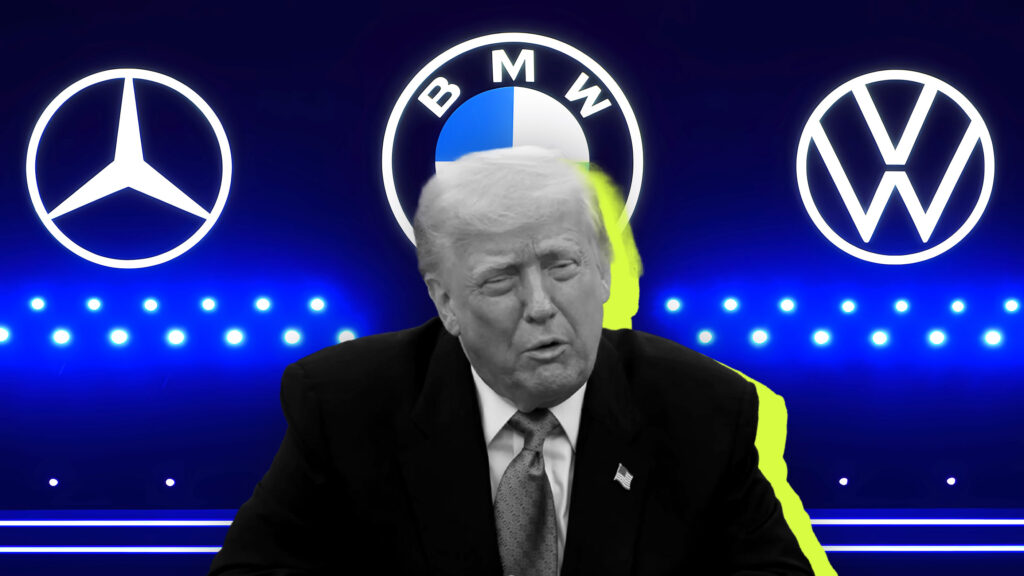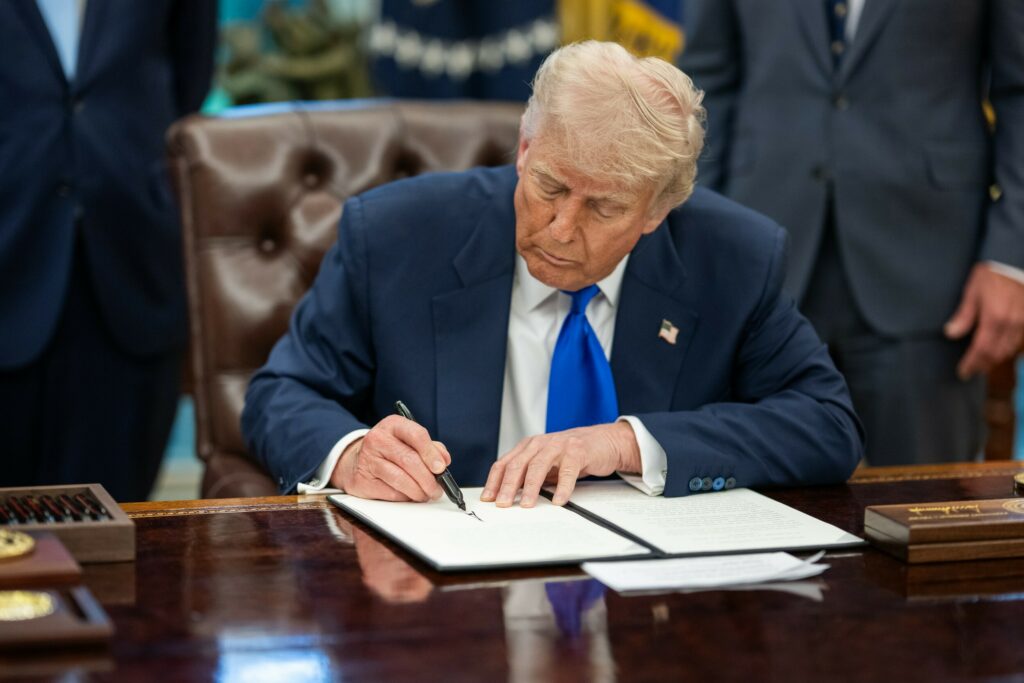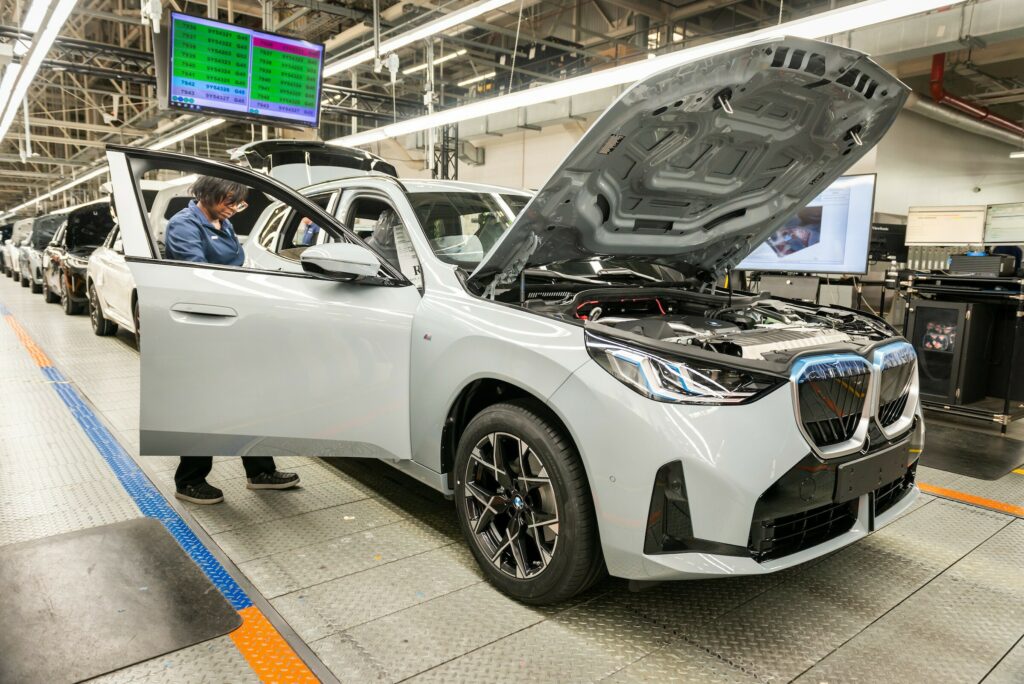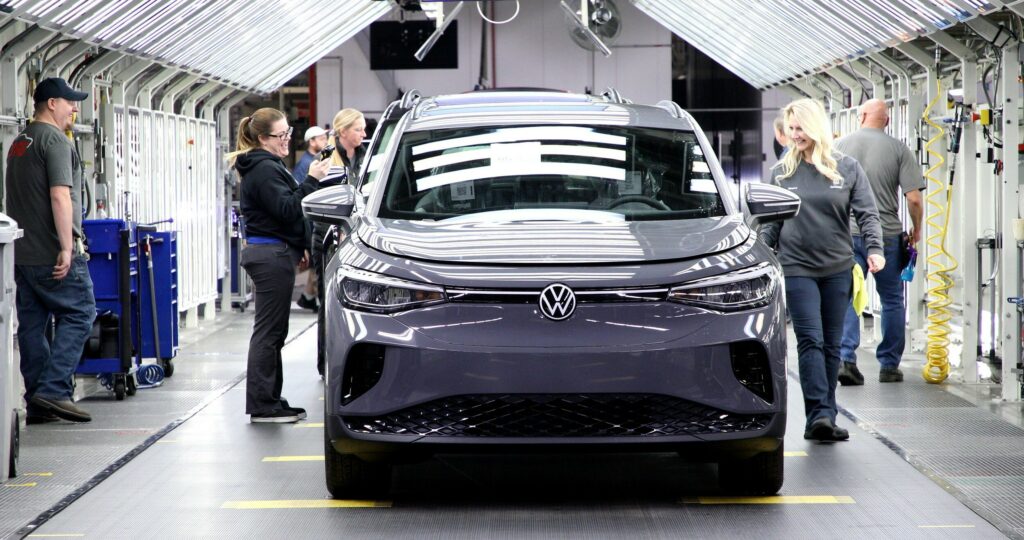US Trade Talks

BMW, Mercedes, and Volkswagen are embroiled in intense discussions with the U.S. over a proposed trade deal aimed at relieving the tariff pressure. These talks could lead to a breakthrough soon, possibly within a month. The details up for discussion include potential tariff discounts predicated on the exports of American-built German vehicles.
Tariffs Impact

The tariff situation between the U.S. and Europe has caused substantial financial strain on German automotive giants. BMW, for example, reportedly loses around $11.3 million daily due to current U.S. tariffs. It’s not just BMW feeling the pinch; Mercedes and Volkswagen, despite having large plants within the U.S., also endure significant costs due to these tariffs.
Trade Discussions

The discussions with U.S. Commerce officials focus on an “export offsetting model.” This model would allow for balancing the number of cars imported from Germany against those exported from the U.S.-based German plants. American policymakers may find this appealing, subtly addressing concerns over trade deficits.
Investment Talks

Speculation surrounds whether this trade relief would necessitate substantial investment from the German manufacturers in the U.S. Reports suggest that German automakers could be granted credit for vehicles they export from American shores, potentially leading to a deduction in tariffs.
White House Meeting
Back in April, automotive executives tabled these ideas in a White House meeting, supported by southern Republicans aware of the importance of plants in South Carolina and Alabama. These states are economic powerhouses for German car manufacturing in America.
US Manufacturing Presence
BMW’s massive facility in Spartanburg, South Carolina, is a testament to their U.S. commitment, employing about 11,000 people and having churned out over seven million vehicles. In 2023, almost 400,000 cars were built here, with 225,000 exported globally. Each day, its size and capability underscore why these talks matter.
Mercedes has a significant presence in Tuscaloosa, Alabama, since 1997, with a workforce of 6,000. They produce models like the GLE and EQS SUV, totaling about 260,000 vehicles last year. Meanwhile, Volkswagen’s Chattanooga plant is no slouch, employing 4,500 and producing 175,000 vehicles including the Atlas and ID.4.
Driving Experience
Driving vehicles directly imported from Germany is often considered a premium experience, characterized by meticulous engineering and performance dynamics. Vehicles like the ones produced in these American plants are designed to offer a blend of European sophistication and versatility for U.S. roads. SUVs from BMW, Mercedes, and Volkswagen stand shoulder to shoulder with rivals like Cadillac’s Escalade or Lincoln’s Navigator, often excelling in handling and interior luxury.
The anticipation surrounding the potential deal could see enthusiasts worrying less about tariff-induced pricing hikes and more about getting behind the wheel of their favorite models.
Tesla Tackles Trails
Skoda Vision Reborn
Firebird Ferrari Fusion
Volvo Job Cuts Hit
Budget EV Adventure